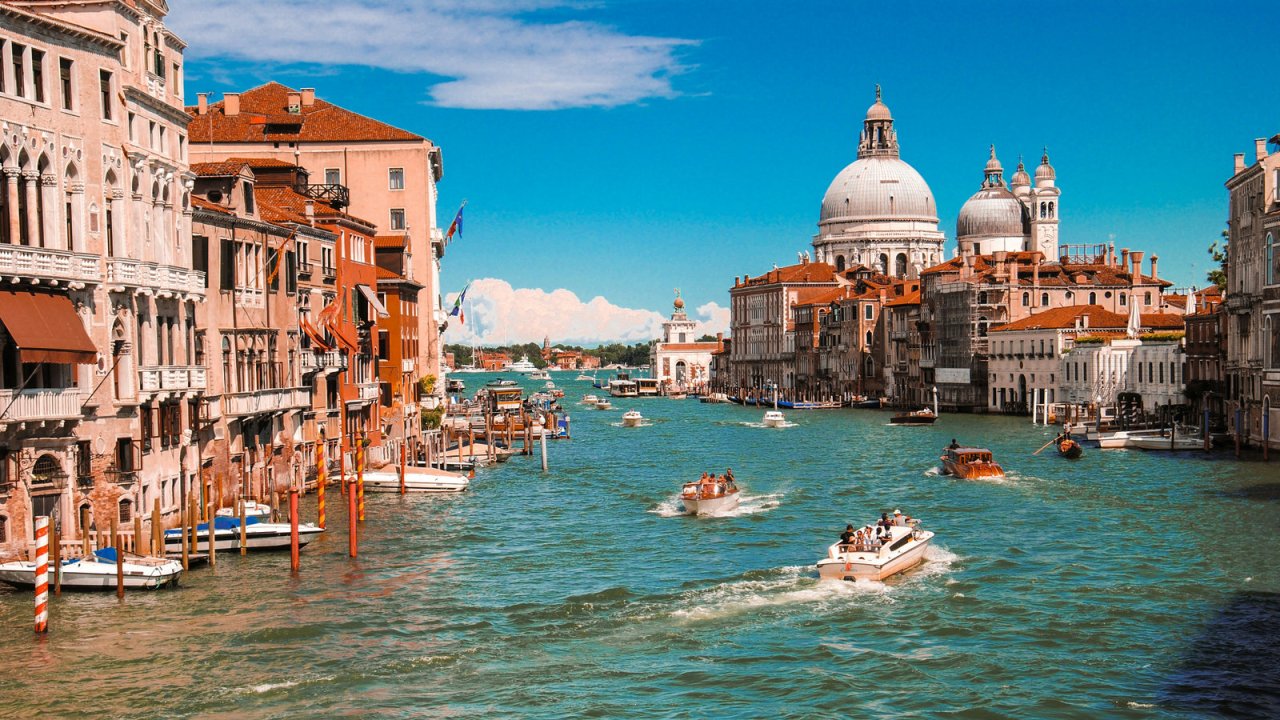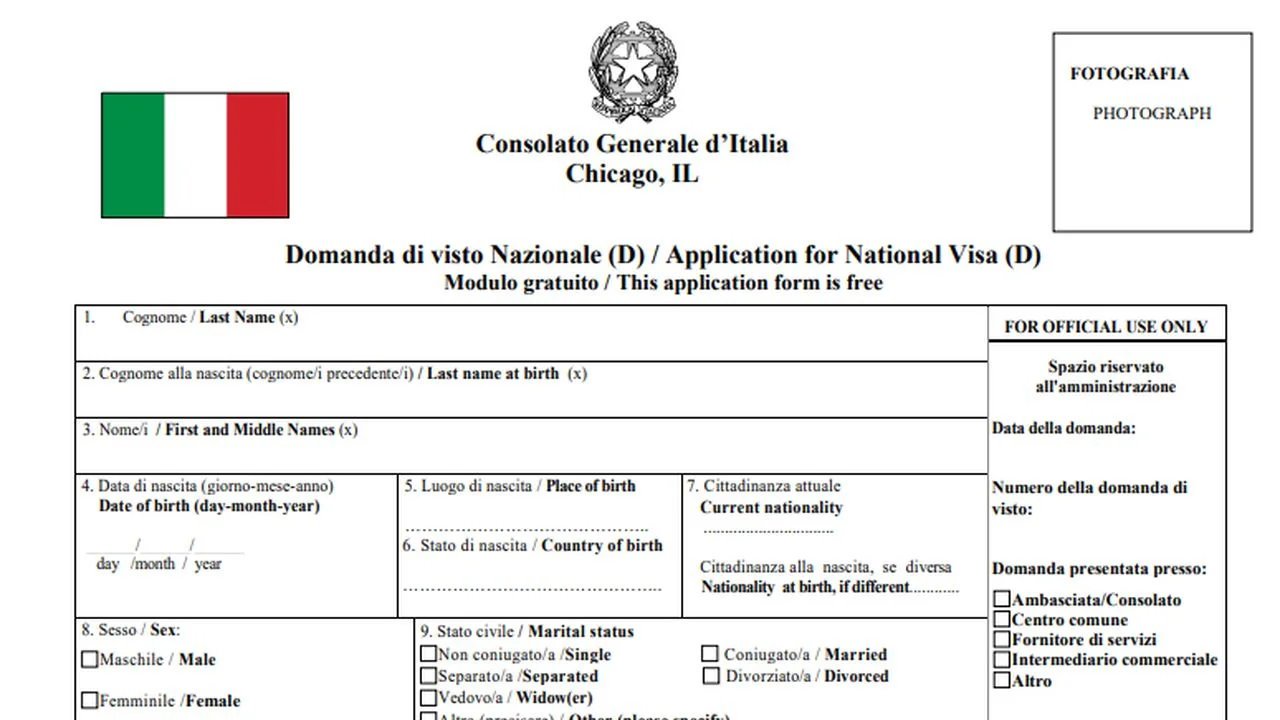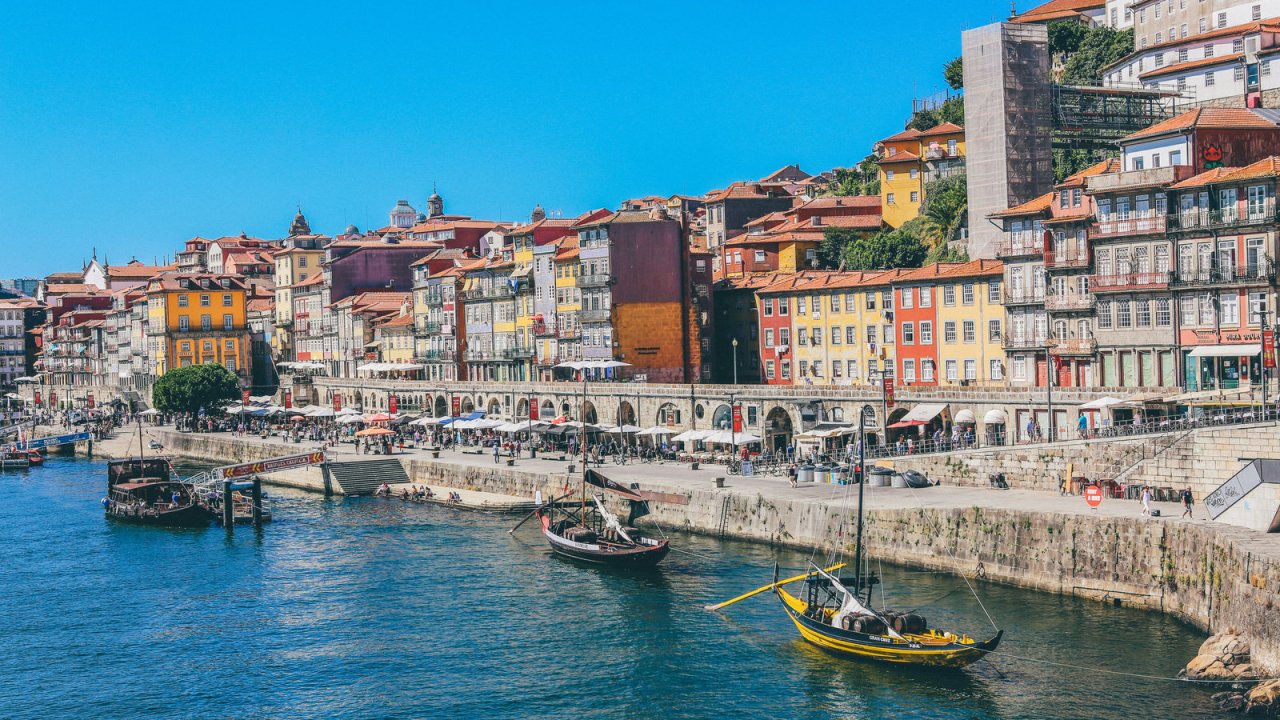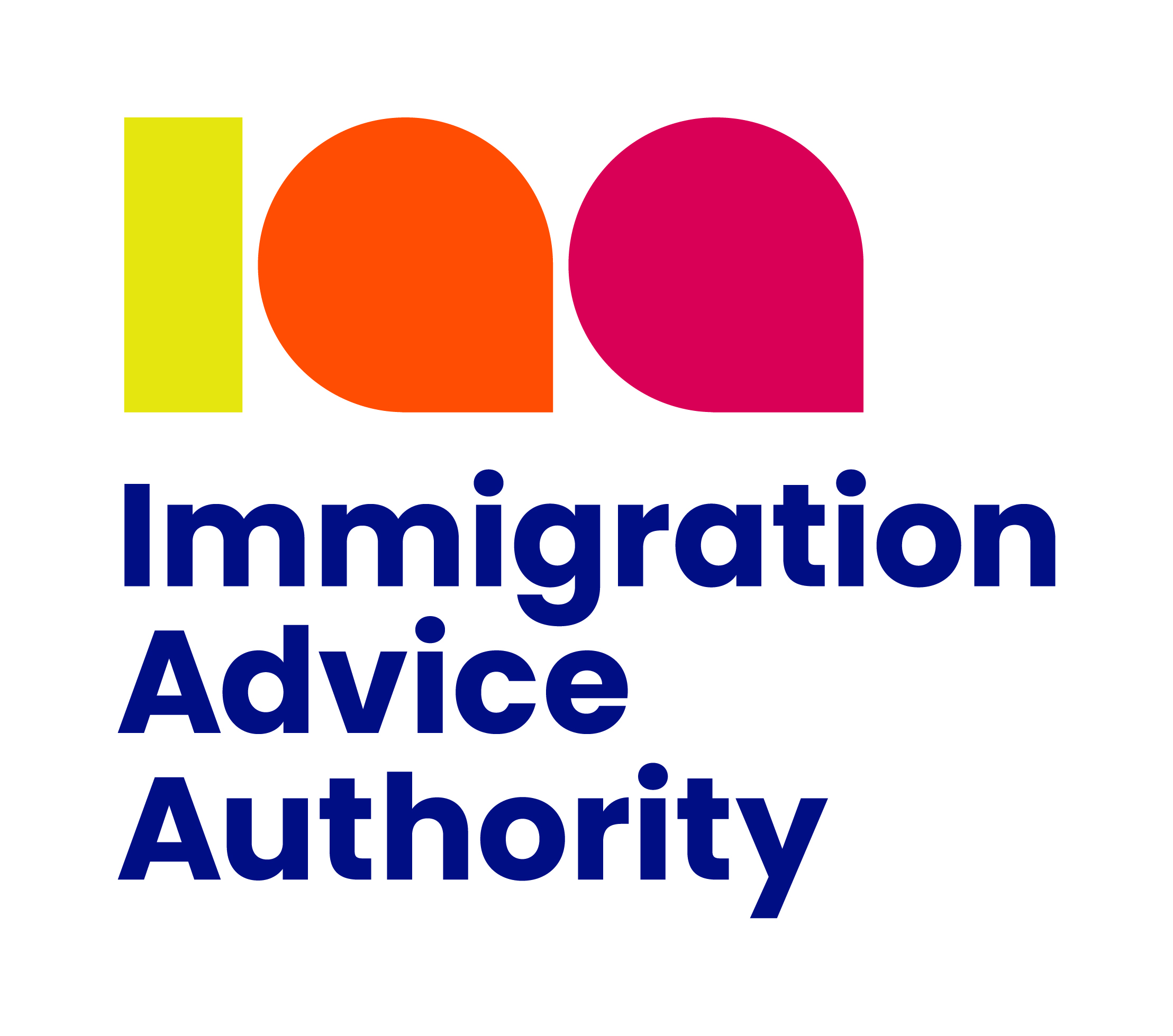
Italy Digital Nomad visa explained
Italy Digital Nomad visa explained
The Italy Digital Nomad visa is quickly becoming a game-changer for remote workers looking to combine work and travel in one of the world’s most beautiful countries. Whether you're a freelancer or employed by a company abroad, Italy offers the perfect setting for your remote lifestyle. In this EU digital nomad visas guide, we’ll explain everything you need to know about this option.
Italy Digital Nomad visa vs. remote worker visa: What’s the difference?
Before diving into the application process, it’s essential to understand the key difference between these two visas:
Digital Nomad Visa: Aimed at independent professionals or self-employed individuals working remotely using digital tools. This is perfect for freelancers, entrepreneurs, and tech workers who have no direct employer in Italy but can work from anywhere.
Remote Worker Visa: This visa is for those who are employed by a company outside Italy but want to live in Italy while working remotely. Essentially, if you’re employed by an international organization and you can work from home, this visa is for you.
Explore your options
For those planning to visit or travel across Europe, two primary entry permissions are available: the Schengen Visa and the upcoming ETIAS travel authorization.
What is a digital nomad?
A digital nomad is someone who works remotely, often while traveling to different locations. They rely on digital tools and technology to perform their job, which allows them the flexibility to live and work from anywhere with an internet connection.
Digital nomads can be freelancers, entrepreneurs, or remote employees of companies, and they typically choose to live in various places across the world, blending work with the freedom to explore new cultures and environments.
4 reasons to live as a digital nomad or remote worker in Italy?
Living in Italy while working remotely offers the best of both worlds. Italy’s beautiful landscapes, vibrant cities, and rich history can make your working hours feel like a mini-vacation. Here’s what you can expect:
Stunning surroundings: Whether you’re working from a café in Rome or a coastal town in Sicily, Italy offers beautiful backdrops for any type of work.
Cultural immersion: You’ll get to experience Italy’s famous cuisine, art, history, and vibrant festivals while balancing your work-life schedule.
Coworking spaces: With a growing number of coworking spaces in cities like Milan, Florence, and Naples, finding a productive space to work won’t be a problem.
Work-life balance: Enjoy a slower pace of life that prioritizes work-life balance, allowing you to explore local attractions, hike through scenic views, or relax with a glass of wine after a busy day.

The yes's and no's you need to know about the Italy Digital Nomad and Remote Worker visas
Yes | No | |
Who needs the Italy Digital Nomad or Remote Worker Visa? | - Remote employees working for a non-Italian company | - EU/EEA citizens (they can register locally) |
What you can do with the visa | - Live in Italy legally for up to 1 year (renewable) | - Work for an Italian employer as your main income |
Italy Digital Nomad visa requirements
To apply for one of these visas, you’ll need to provide a set of documents that demonstrate your eligibility. Here’s what you’ll need to prepare:
Completed visa application: Fill out the visa application form and sign it.

Valid passport: Make sure your passport is valid for at least 3 months beyond your intended departure date from Italy, with two blank pages for the visa.
Proof of residency: If you’re a Canadian citizen, include proof of your residency in Canada (e.g., utility bill, bank statement).
Recent photo: A passport-style photo taken within the last 6 months.
Proof of income: Show that you have an income three times higher than Italy’s minimum threshold for public health exemptions. This ensures you can financially support yourself while living in Italy.
Health insurance: Proof that you have comprehensive health insurance for the entire duration of your stay in Italy.
Accommodation: Evidence of where you’ll be staying during your time in Italy, whether it’s a rented apartment, Airbnb, or other accommodations.
Flight ticket: A flight ticket for your arrival, and if possible, proof of your return flight.
Work experience: If applying for the Digital Nomad Visa, proof of at least six months of relevant experience in your field (e.g., portfolio, references).
Skill qualifications: Provide evidence of your qualifications (university degrees, vocational certifications) to prove that you are a highly skilled worker.
If you’re applying for the Italy Remote Worker Visa
You’ll need to show:
Employment contract: A contract from your employer or a binding offer that confirms your remote work status.
Employer’s declaration: A statement from your employer confirming the absence of any criminal convictions over the past five years.
Don’t get lost in the paperwork
Global Law is an award-winning UK immigration consultancy with offices in London and Dubai, boasting over 17 years of expertise in immigration law.

How to apply for the Italy Digital Nomad and Remote Worker Visas
At Global Law, we’re here to guide you every step of the way to get your Italy Digital Nomad visa.
Complete application help: We’ll guide you through every step of the application to make sure you avoid mistakes and delays.
Expert advice for tricky situations: If you’ve had issues with your application, we can help you figure out the best way forward.
Fast-track options: If you need your visa quickly, we offer solutions to speed up the process and meet your travel deadlines.
Support for freelancers, remote workers, professionals, and families: Whether you're applying as an individual or bringing your family along, we are ready to help with your application process.
You are one click away...
- Posted on: 08.04.2025
- By: Eray Eliacik
About the author

Eray Eliacik
Eray is a seasoned writer and passionate traveler who has explored over 20 countries. With firsthand experience navigating visas and international travel, and a proven track record with reputable platforms like Dataconomy and Softonic, Eray now makes it easier for travelers to achieve their travel goals.




